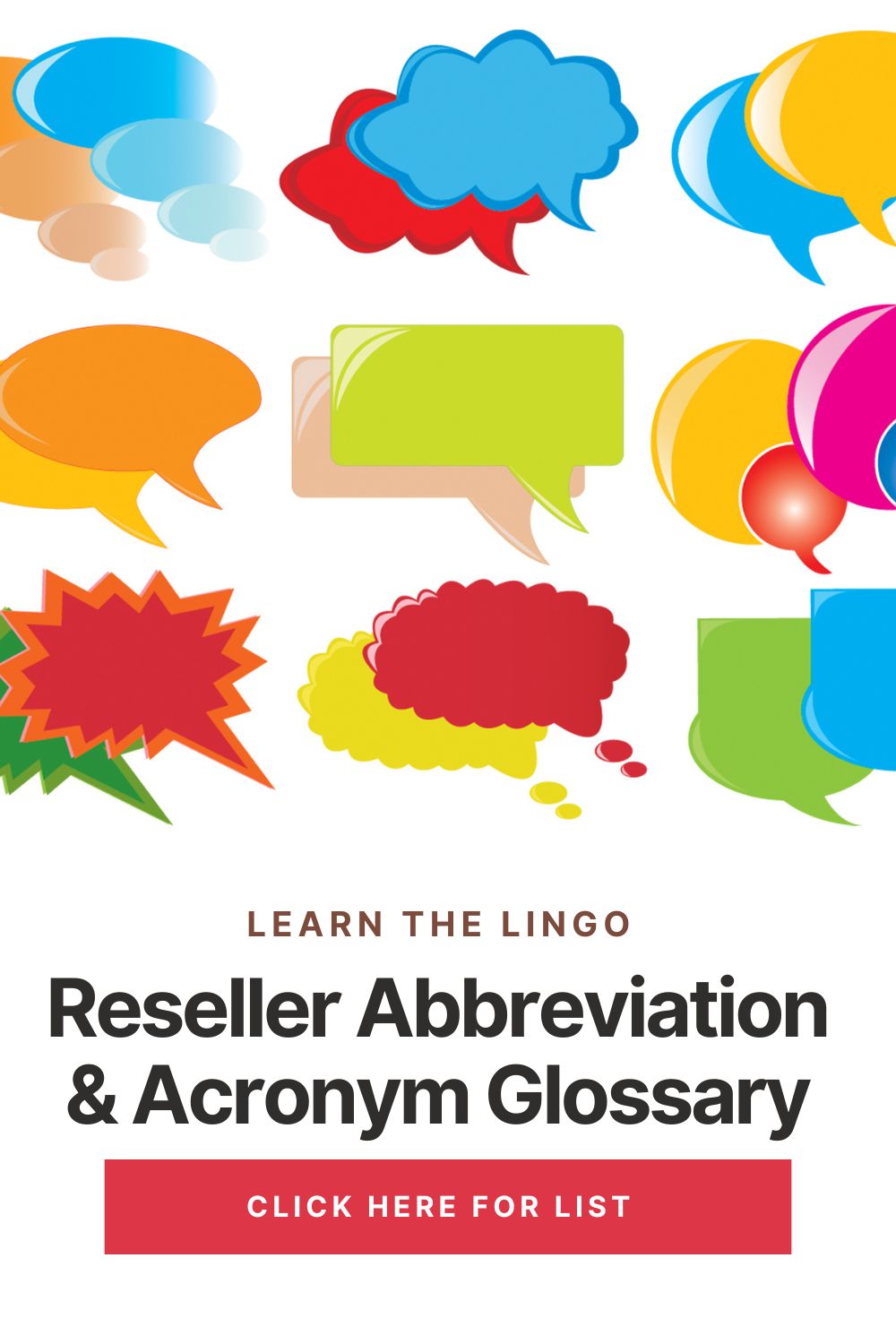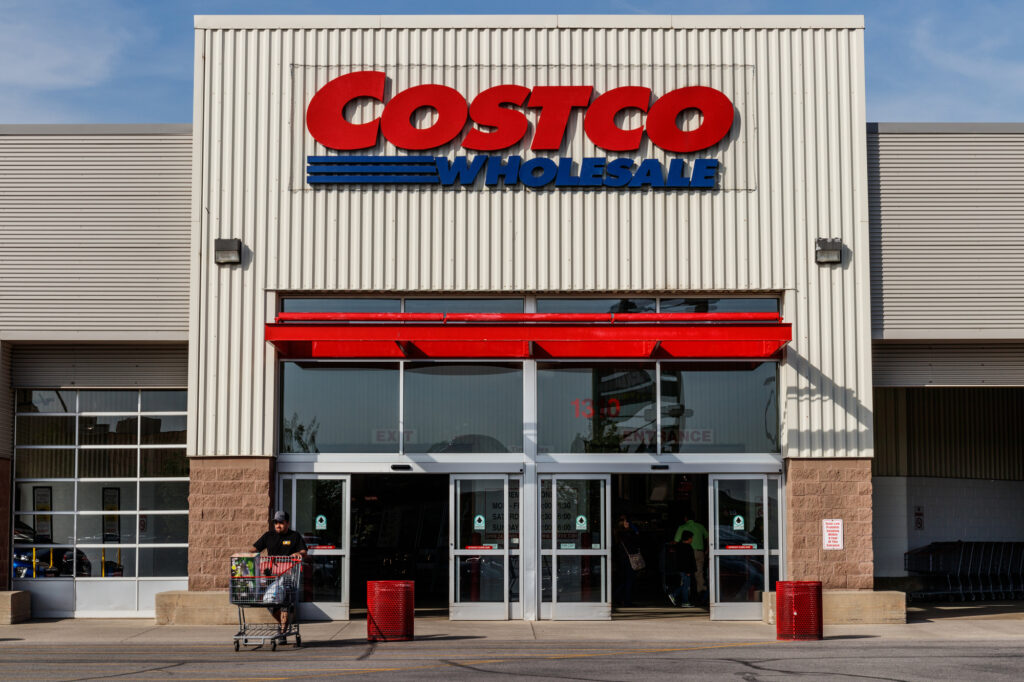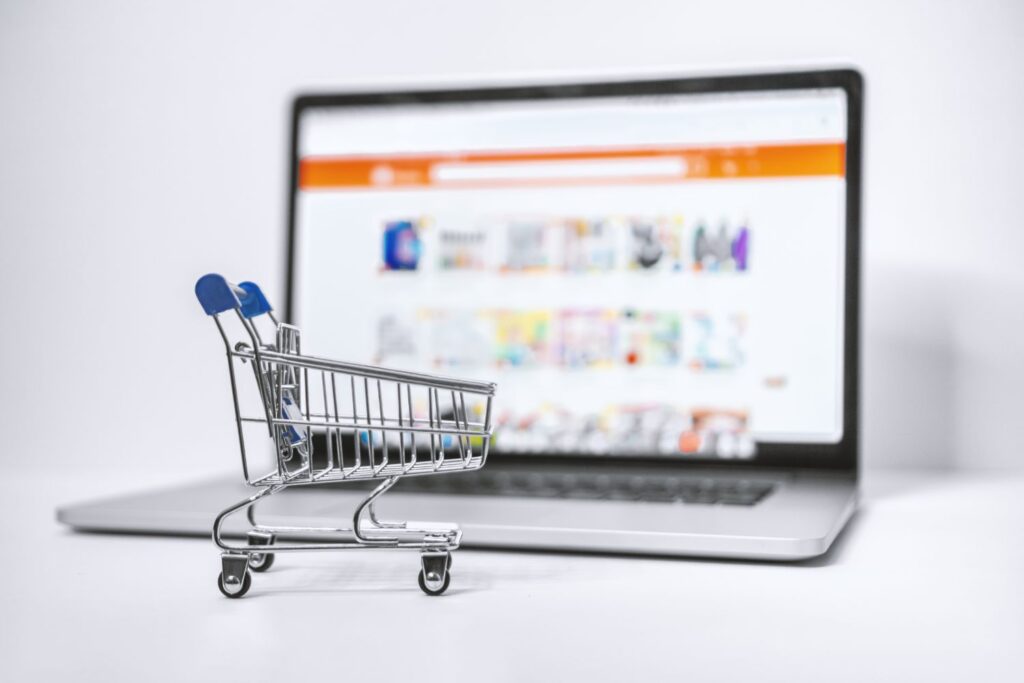
In the reseller business, understanding common abbreviations and acronyms is essential for efficient communication and smooth operations.
Reseller Abbreviations and Acronyms
Here is a comprehensive list of the most commonly used terms in the reseller and liquidation industry.
#
- 3PL (Third Party Logistics)
A
- AMZ or AZ (Amazon): Refers to the online retail giant Amazon.
- ASAP (As Soon As Possible)
- ASIN (Amazon Standard Identification Number): A unique identifier for products on Amazon.
B
- B&M (Brick & Mortar Store): A physical retail store.
- B2B (Business to Business): Transactions between businesses rather than between a business and individual consumers.
- B2C (Business to Customer): Transactions between businesses and individual consumers.
- BB (Buy Box): The box on an Amazon product detail page where customers can begin the purchasing process by adding items to their shopping carts.
- BCP (Best Choice Products)
- BOGO (Buy One, Get One): A sales promotion where customers get an additional item for free or at a discounted rate when they purchase one at full price.
- BOLO (Be On Look Out): A term used among resellers to identify items that are in demand or have high resale value.
- BNWOT (Brand New Without Tags): New items that do not have their original tags.
- BNWT (Brand New With Tags): New items that still have their original tags.
- BSR (Best Sellers Rank): A ranking assigned by Amazon to products based on their sales performance.
- BTS (Back To School): A term used for sales and promotions geared towards the beginning of the school year.
- BW (Black Wrap): the wrap used around pallets
C
- CA (Canada): Refers to Canada, often in the context of shipping or regional markets.
- COGS (Cost of Goods Sold): The direct costs attributable to the production of the goods sold by a company.
- CRM (Customer Relationship Management): Software used to manage a company’s interactions with current and potential customers.
- CSV (Comma-Separated Values): A file format used to store tabular data, such as a spreadsheet or database.
- CWP (Clear Wrap Premium): the wrap used around pallets
D
- DERP (Don’t Engage, Report Post): A term advising not to respond to a provocative post but to report it instead.
- DG (Dollar General)
- DM (Direct Message): A private message sent on social media or forums.
- D2C (Direct-to-Consumer): Businesses that sell products directly to consumers, bypassing any third-party retailers or wholesalers.
- DBA (Doing Business As): A trade name, or fictitious name, that a business operates under.
- DIY (Do It Yourself): Products or projects designed for consumers to complete on their own without professional assistance.
E
- EAN (European Article Number): A barcode standard used to identify products.
- EUC (Excellent Used Condition): Items that are used but in excellent condition.
- ERP (Enterprise Resource Planning): Integrated management of main business processes, often in real-time and mediated by software and technology.
- ETL (Extract, Transform, Load): A process in data warehousing responsible for pulling data out of source systems and placing it into a data warehouse.
F
- FBA (Fulfillment by Amazon): A service where Amazon stores, picks, packs, ships, and provides customer service for products sold by third-party sellers.
- FBM (Fulfillment by Merchant): A service where sellers list products on Amazon but manage storage, shipping, and customer service themselves.
- FC (Fulfillment Center): A warehouse where products are stored, packed, and shipped.
- FFS (Free For Shipping): Items offered for free if the buyer pays for shipping.
- FIFO (First In, First Out): An inventory valuation method where the first items placed in inventory are the first sold.
- FOB (Free On Board): Destination of the goods
- FOMO (Fear of Missing Out): A marketing strategy that leverages the consumer’s fear of missing out on a product, deal, or trend.
G
- GM (General Merchandise): Items can be from any category that the store sells
- GTIN (Global Trade Item Number): A unique identifier for trade items, developed by GS1.
- GUC (Good Used Condition): Items that are used but in good condition.
- GMV (Gross Merchandise Value): The total value of merchandise sold over a given period of time through a customer-to-customer exchange site.
H
- HBA (Health & Beauty Aids): Products related to health and beauty.
- HD (Home Depot): Refers to the Home Depot retail store
- HPC (High Piece Count): Purchase will include several items
- HR (Human Resources): The division of a business that is charged with finding, screening, recruiting, and training job applicants.
I
- ISBN (International Standard Book Number): A unique identifier for books.
- ISO (In Search Of): A term used when someone is looking for a specific item.
- IM (Instant Messaging): A form of real-time text communication between two or more people based on typed text.
- IoT (Internet of Things): The interconnection via the internet of computing devices embedded in everyday objects, enabling them to send and receive data.
- IP (Intellectual Property): Creations of the mind, such as inventions, literary and artistic works, and symbols, names, and images used in commerce.
J
- JIT (Just In Time): An inventory strategy that companies use to increase efficiency and decrease waste by receiving goods only as they are needed in the production process.
K
- KHLS (Kohl’s): Refers to the retail chain Kohl’s.
- KPI (Key Performance Indicators): A measurable value that demonstrates how effectively a company is achieving key business objectives.
L
- LWES (Lowes): Refers to the retail chain Lowe’s.
- LPN (License Plate Number): Unique identifier code to track inventory stock.
- LTV (Lifetime Value): The predicted net profit attributed to the entire future relationship with a customer.
M
- MAP (Minimum Advertised Price): The lowest price that retailers are allowed to advertise a product for sale.
- MCF (Multi Channel Fulfillment): A service offered by Amazon that allows sellers to fulfill orders from other sales channels using their inventory stored in Amazon fulfillment centers.
- MF (Merchant Fulfill): A fulfillment method where the seller handles the storage, packing, and shipping of orders.
- MOQ (Minimum Order Quantity): The smallest amount of a product that a supplier is willing to sell.
- MPU (Must Pick Up): Indicates that the buyer must pick up the item from the seller’s location.
- MRP (Manufacturing Resource Planning): A method for the effective planning of all resources of a manufacturing company.
- MSRP (Manufacturer’s Suggested Retail Price): The price at which the manufacturer recommends that the retailer sell the product.
- MTD (Month To Date): A time period starting at the beginning of the current month and ending at the current date.
N
- NDA (Non Disclosure Agreement): A legal contract that keeps a lid on sensitive information shared between parties.
- NIB (New In Box): Items that are new and still in their original packaging.
- NIP (New in Package): Items that are new and still in their original packaging.
- NWOT (New Without Tags): New items that do not have their original tags.
- NWT (New With Tags): New items that still have their original tags.
O
- OA (Online Arbitrage): The practice of buying products online to resell them for a profit.
- OBO (Or Best Offer): Indicates that the seller is willing to accept offers lower than the listed price.
- OEM (Original Equipment Manufacturer): A company that produces parts and equipment that may be marketed by another manufacturer.
- OOAK (One of a Kind): Indicates the item is unique and no others are like it.
- OOS (Out of Stock): Indicates that an item is currently unavailable for purchase.
- OS (Operating System): The software that supports a computer’s basic functions.
- OTC (Over the Counter): Products that can be purchased without a prescription.
P
- P&L (Profit & Loss): A financial statement that summarizes the revenues, costs, and expenses incurred during a specific period.
- PFF (Posh Friends Forever): A term used among resellers on Poshmark to refer to their reseller friends.
- PPC (Pay Per Click): An online advertising model where advertisers pay each time a user clicks on one of their ads.
- PL (Private Label): Products manufactured by one company for sale under another company’s brand.
- PM (Personal Message): A private message sent on social media or forums.
- PN (Price Negotiable): Indicates that the price of an item is open to negotiation.
- POOS (Posted On Other Sites): Indicates that the item is also listed for sale on other platforms.
Q
- Q1 (1st Quarter of Year): January 1st – March 31st.
- Q2 (2nd Quarter of Year): April 1st – June 30th.
- Q3 (3rd Quarter of Year): July 1st – September 30th.
- Q4 (4th Quarter of Year): October 1st – December 31st.
R
- RA (Retail Arbitrage): The practice of buying products from retail stores to resell them for a profit.
- RAW: The product is unprocessed by the distributor
- RFQ (Request for Quote): A process in which a company asks suppliers to provide pricing and terms for the supply of a product or service.
- ROI (Return on Investment): A measure of the profitability of an investment.
- RMA (Return Merchandise Authorization): A part of the process of returning a product to receive a refund, replacement, or repair.
S
- SC (Seller Central): Amazon’s portal for sellers to manage their inventory, sales, and fulfillment.
- SEO (Search Engine Optimization): The process of improving the visibility of a website or web page in search engine results.
- SF (Stacked Furniture)
- SFP (Seller Fulfilled Prime): An Amazon program that allows sellers to fulfill orders directly from their own warehouse while still offering Prime benefits.
- SFPF (Smoke Free, Pet Free): Indicates that the item comes from a smoke-free and pet-free environment.
- SKU (Stock Keeping Unit): A unique identifier for each product and service that can be purchased.
- SLA (Service Level Agreement): A contract between a service provider and a customer that specifies the level of service expected during the term of the contract.
T
- TAT (Turn Around Time)
- TBD (To Be Determined): A placeholder term used to indicate that certain information will be provided in the future.
- TCO (Total Cost of Ownership): The purchase price of an asset plus the costs of operation.
- TIA (Thanks In Advance): A polite way to thank someone for their help or response before they have given it.
- TGT (Target): Refers to the retail chain Target.
- TOS (Terms of Service): The rules and regulations that users must agree to in order to use a service.
- TTS (True To Size): Indicates that the item fits as expected based on its size.
U
- UN (Undeliverable Stacked Pallet)
- UPC (Universal Product Code): A barcode used for tracking trade items in stores.
V
- VA (Virtual Assistant): A remote worker who provides administrative, technical, or creative assistance to clients.
- VAR (Value-Added Reseller): A company that adds features or services to an existing product, then resells it as an integrated product or complete solution.
- VAT (Value-Added Tax): A tax on the amount by which the value of an article has been increased at each stage of its production or distribution.
- VTG (Vintage): Items that are from a previous era or significant age.
W
- WL (White Label): Products produced by one company that other companies rebrand to make it appear as if they had made them.
- WM or WMRT (Walmart): Refers to the retail chain Walmart.
- WS (Wholesale): The sale of goods in large quantities, typically for resale by retailers.
- WSF (Walmart Fulfillment Services): A fulfillment service offered by Walmart.
- WTB (Want To Buy): Indicates that someone is looking to purchase a specific item.
Y
- YMMV (Your Mileage May Vary): Indicates that results or experiences may differ from person to person.
- YOY (Year Over Year): A method of evaluating two or more measured events to compare the results at one period with those of a comparable period on an annualized basis.
- YTD (Year To Date): A period starting at the beginning of the current year and ending at the current date.
Conclusion
Understanding these abbreviations and acronyms will help you navigate the reseller industry more efficiently, ensuring clear communication and effective management of your business operations.
Featured Image Source: Deposit Photos





